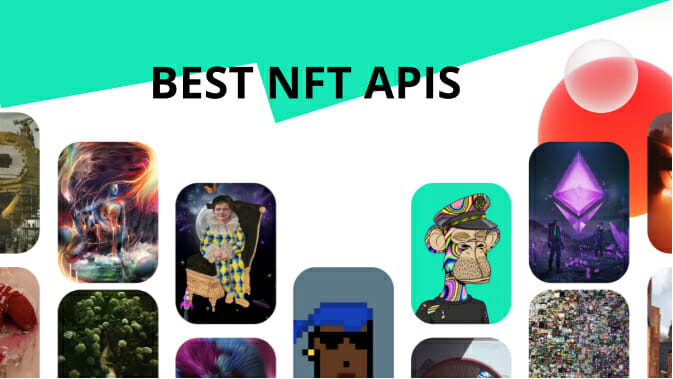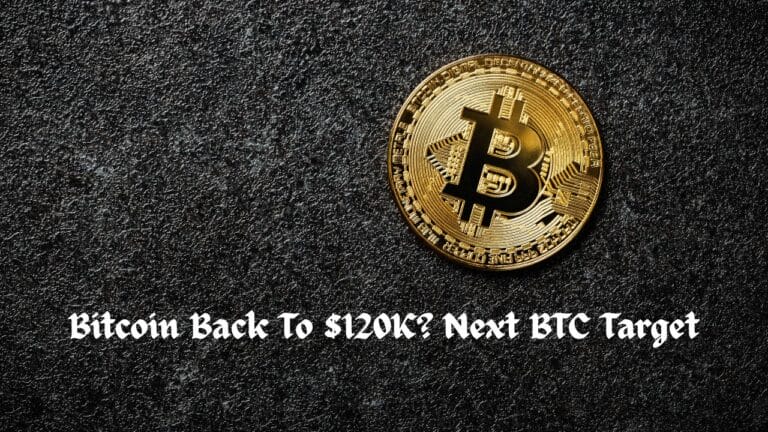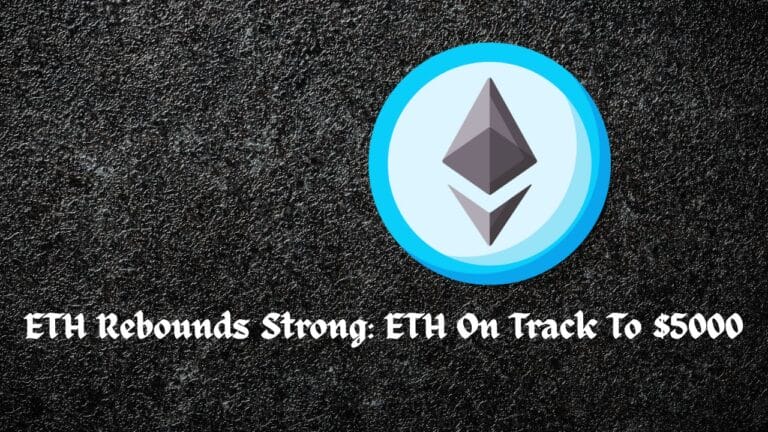Key Takeaways
- The BNB Chain is used to create Republic of Palau identification cards in NFTs format.
- CZ was present at the release, and he also met with the president of Palau.
- The New NFT ID will be used for KYC purposes as well as gaining access to government services
The small country launched its digital residency programme at the start of the year in the hopes of retaining its young population while also attracting business and industry.
Palau, a West Pacific island nation, introduced the world’s first blockchain-based digital residency program in January, signaling its eagerness to establish a new open borders financial center based on crypto and blockchain technology.
Going forward with the same spirit to pursue advancement, The Republic of Palau announced on Friday that it will issue non fungible tokens (NFTs) on Binance’s BNB Chain blockchain to its digital citizens as identification cards. Changpeng Zhao (CZ), the founder and CEO of Binance, was in Palau for the official launch of the NFTs and a meeting with President Surangel S. Whipps, Jr.
Cryptic Labs, based in California, helped develop the programme, which offers citizens all over the globe with Palau’s govt identification cards. Physical cards are already available.
The programme, which bills itself as a “gateway to the borderless financial world,” provides approved users with digital resident ID cards in the form of non-fungible tokens (NFT), enabling them to profit from Palau’s new digital-first economy, which will include physical addresses and shipping.
Know Your Customer (KYC) features, availability to digital banking, validated on-chain signatures, and accessing services requiring government-issued identification are all scheduled uses for the new RNS ID NFTs.
At a press conference, Whipps stated, “We want to create the Palauan dream.”
“And having you here, CZ and Binance, opens that door of opportunity to develop new industries, new businesses here, hopefully bringing our young people back to Palau and being a part of the new technology and innovations that are out there,”
“There are regulations within the digital residency programme that we need to work on, but more importantly, the Corporate Registry Act,” Whipps continued.” He remarked it’s encouraging to have Binance commit to assisting with regulatory issues.
Palau, which has a population of less than 20,000 people, is a “very good development and testing ground,” according to CZ. Palau, he said, has unique advantages for innovation because small countries can move quickly to drive innovation and Palau’s “kind of US-driven” economy is equitably well-developed.
To this great news of technological advancement by Palau, some believe Blockchain is taking over the the world and so is binance.
The country teamed up with Ripple in November to develop a USD-backed digital currency to make cross-border remittances more environmentally conscious. Ripple claims that its carbon-neutral blockchain network uses 120,000 times less energy than competitors and has lower costs and faster speeds.










